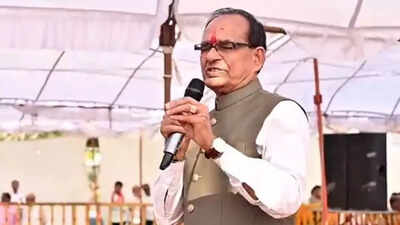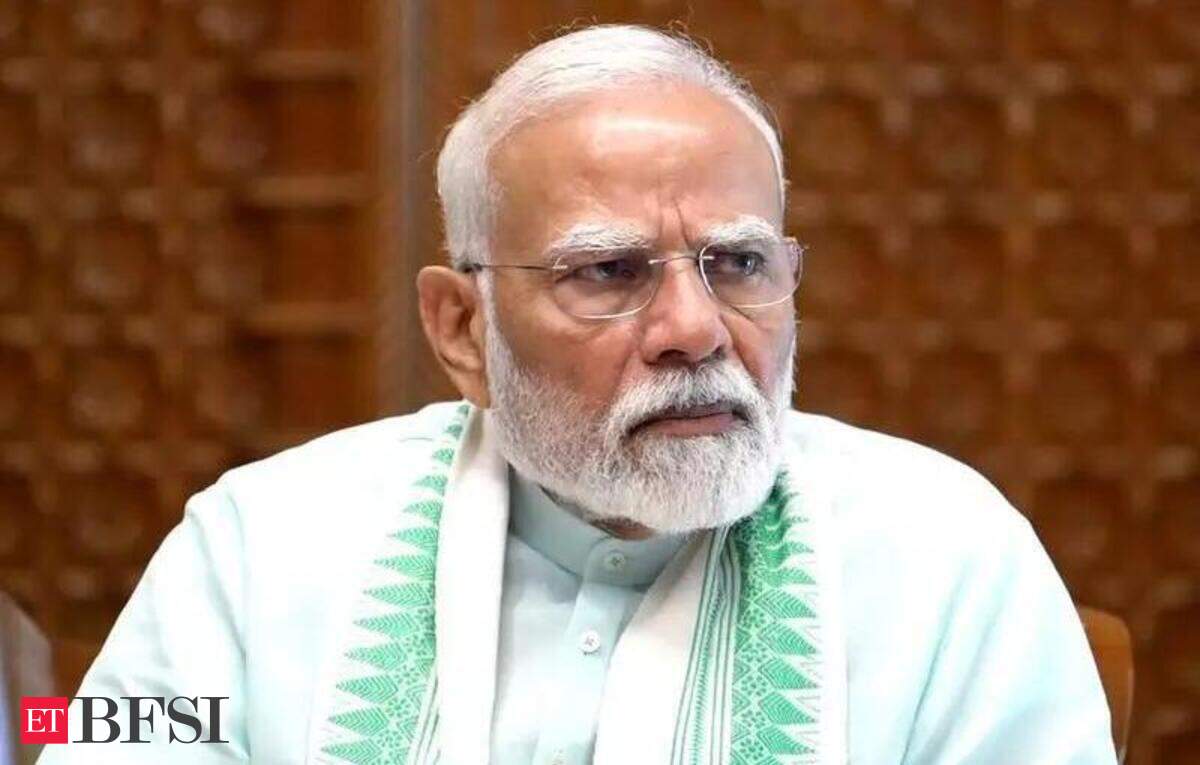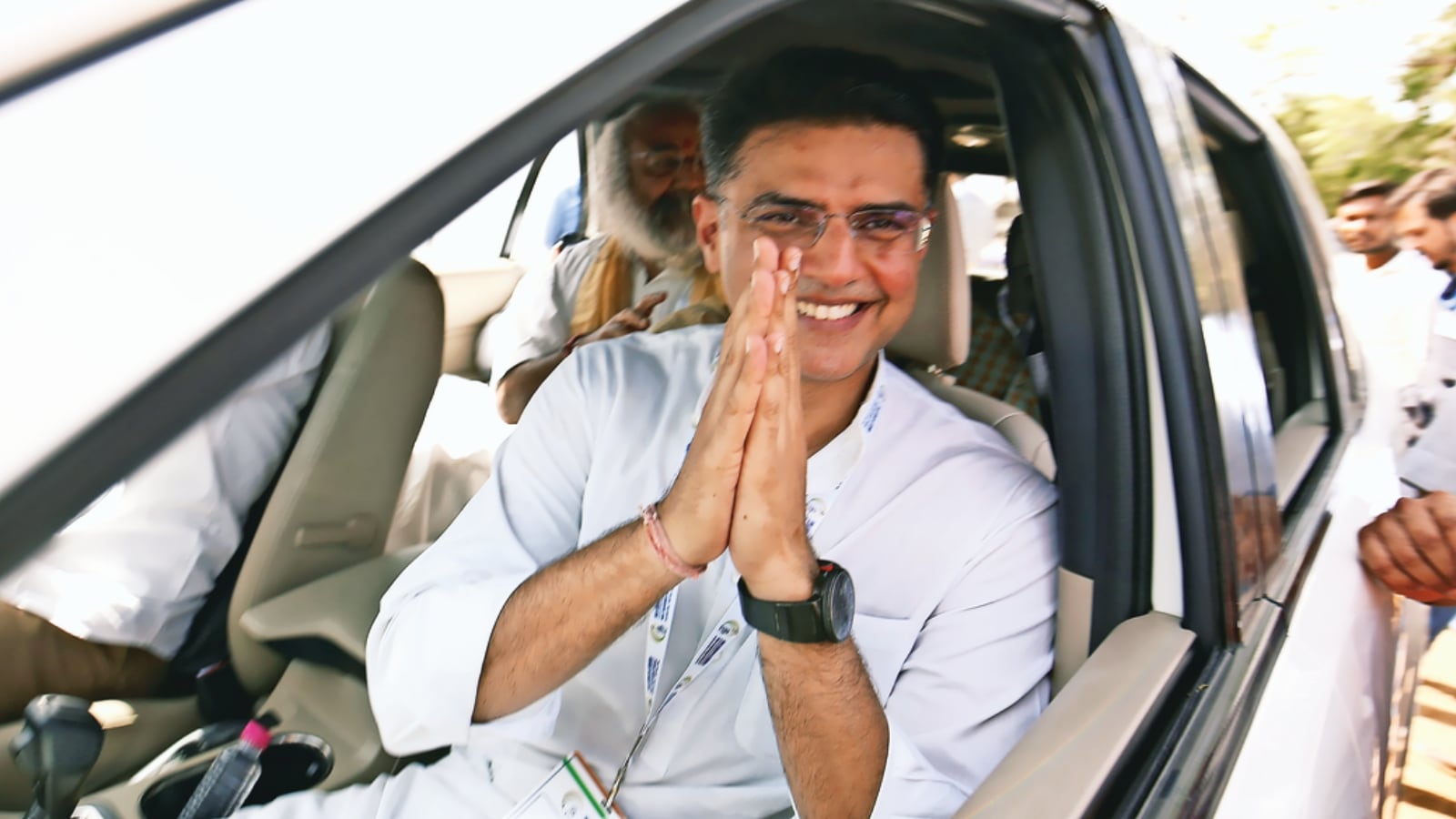Nehru gave Pakistan not only water but also money, Shivraj Singh Chouhan tells farmers in govt outreach on IWT | India News - The Times of India

NEW DELHI: Govt has started rallying public opinion against the Indus Waters Treaty (IWT), the suspension of which by India following the Pahalgam terror attack has been termed by Pakistan "an act of war".Days after calling the 1960 treaty a "historic mistake", Union agriculture minister Shivraj Singh Chouhan on Monday met farmers organisations and explained to them how the then PM Jawaharlal Nehru signed the treaty despite opposition from experts. He said that Nehru not only agreed to give water to Pakistan at the cost of India but also gave Rs 83 crore to the neighbouring country, whose value now amounts to Rs 5,500 crore. Chouhan was referring to the amount that India gave to Pakistan to help build replacement canals from the western rivers of the Indus system."We had been giving waters to Pakistan at the cost of our farmers' interest, but the neighbouring country has been responsible for producing terrorists," said Chouhan, adding that even former PM Atal Bihari Vajpayee had opposed the Indus Waters Treaty in Parliament.
Referring to Nehru's remarks where he reportedly said that India bought peace by extending financial assistance to Pakistan, Chouhan said, "What kind of peace was that? We lost water as well as money."Explaining the rationale behind keeping the treaty in abeyance, Chouhan said, "Waters of Indus river system will now be used for India and its farmers." Representatives of several organisations, including Samyukta Kisan Morcha and Bharatiya Kisan Union (non-political), attended the meeting. They supported govt's move on the treaty and even demanded that it be abrogated.The farmers’ representatives also demanded the government to work for better utilization of water resources available in the Indus River System for the benefit of farmers in Jammu & Kashmir, Punjab, Haryana, Rajasthan, Himachal Pradesh and western Uttar Pradesh.Under the treaty, waters of the eastern rivers - Sutlej, Beas and Ravi - are allocated to India for unrestricted use while the waters of western rivers - Indus, Jhelum and Chenab - are allocated largely to Pakistan. Though India is permitted to use the water of the western rivers for domestic use, irrigation and generation of hydro-electric power, the country has not been fully utilising its legal share. The government has now prepared a detailed roadmap, carrying short, medium and long-term plans, to enhance the country’s water storage capacity, speed up completing under construction hydro-power projects on priority and use of existing Ranbir and Pratap canals to ensure more water for Jammu region.












